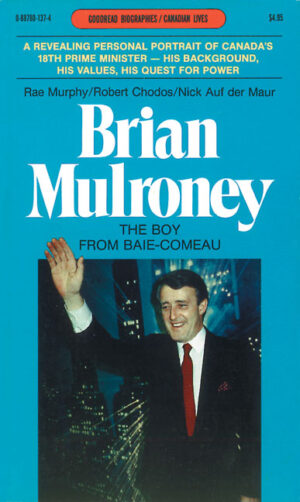Breaking Free of Neoliberalism: Canada’s Challenge
What it will take to deal with American decline, inequality and the climate crisis
by Alex Himelfarb
Neoliberalism – idealizing free-market capitalism – sets the boundaries for how we are governed in Canada, no matter who is in power. Author ALEX HIMELFARB explores why these ideas persist when the need for dramatic action on issues like inequality and global warming is obvious to all.
Neoliberalism – free market capitalism and the view that “freedom” is society’s highest value – has become embedded in the fabric of Canadian government and society.
Neoliberal theorists, marginalized for decades after the Second World War, saw their ideas embraced by Margaret Thatcher and Ronald Reagan, who implemented their policies in the 1980s and 90s. Neoliberalism arrived in Ottawa with the Mulroney government in 1984, and has continued as widely accepted common sense about government until today.
Neoliberalism’s basic tenets – reduce public services in favour of privatization, cut taxes to benefit business, demonize government deficits, limit government regulation and enable corporations to self-regulate – continue to be promoted by its corporate champions and think tank advocates.
Yet the experiences of the last decade in Canada and internationally have demonstrated the emptiness of neoliberalism and demonstrated the crucial role government plays in society. Challenges – from financial market crises to the COVID-19 pandemic and climate change – underscore how vital government action can be in our lives.
ALEX HIMELFARB offers proposals about how Canada can break free from this destructive set of ideas about how the world should work.
ALEX HIMELFARB has served Canada in many capacities. He is former senior clerk of the Privy Council, Ambassador to Italy, Director of the Glendon School of Public and International affairs, a founder of the Canadian Alliance to End Homelessness, and chair of the Canadian Centre for Policy Alternatives.






